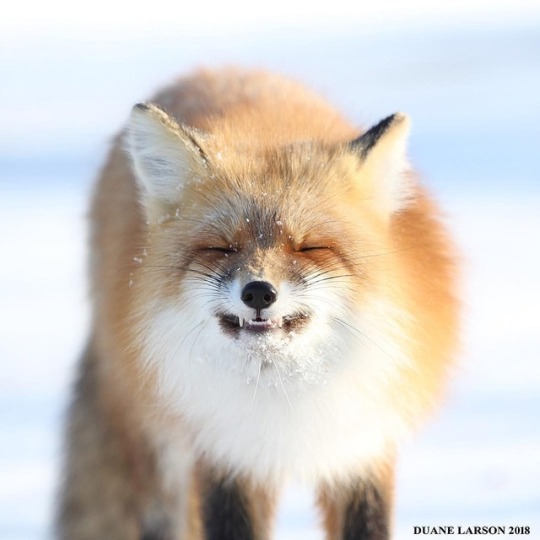Becca||19||Canada||Ranger||studying Ecological Restoration at Fleming College/Trent U.||camping||hiking||nature||landscapes||interesting facts||Other blogs: senior-band-jam (music blog) whovianwithtwohearts (personal blog)
Don't wanna be here? Send us removal request.
Text
"Mona Lisa" of Fossils Discovered in Canada

An armored dinosaur has been found in Alberta, so well-preserved that it looks like a statue. The specimen was preserved in 3D, perfectly hardening into sandstone, from its snout its hips. Paleontologists were able to determine, just by looking at it, that this discovery is also a new species.
So what did this new dinosaur look like? Well, according to the researchers, it is the “dinosaur equivalent of a tank.” It was 5.5 meters long (about 18 feet) and weighing more than 1,300 kilograms (or 2,800 pounds). There is ornamentation around its eyes, six-sides plates on the sides of its skull, and distinct alternating lines of spikes and scales along its back. The prickly skin even contains molecular clues suggesting it was reddish on its backside, and lighter on its underside! That’s a lot of detail about a species, all from one specimen.

The new dinosaur been named Borealopelta, or “northern shield.”
21K notes
·
View notes
Text
5 actions to protect birds where you live
Welcome to Earth Week on TED-Ed Tumblr! We’ll be sharing ways for you to be a more considerate resident of Planet Earth all week (that you can apply…all year!)
In honor of Earth Day, we took a few tips from Audubon on how to take action to protect birds! We’ve paired them with some of our favorite bird visuals from our TED-Ed Lessons <3

1. Reduce or eliminate pesticide and herbicide use. By using few chemicals in and around your home, you will help keep birds, pets, and your family healthy.

2. Plant native plants. Native flora provides birds with food in the form of fruit and seeds, and is home to tasty invertebrates like bugs and spiders.

3. Identify the non-native invasive plants in your region, and work to remove them from your yard. And don’t bring any new invasives into your backyard! Invasives don’t provide as much good food or habitat as natives do, and can threaten healthy ecosystems.

4. Attract hummingbirds with sugar water, made by combining four parts hot water to one part white sugar, boiled for one to two minutes. Never use honey, artificial sweeteners, or food coloring. Clean hummingbird feeders with a solution of one part white vinegar to four parts water once a week.

5. Make your windows visible to birds to prevent crashes. Put up screens, close drapes and blinds when you leave the house, or stick multiple decals on the glass (decals need to be no more than two to four inches apart to be effective).
And here are some TED-Ed Lessons to watch for the love of the birds:
Bird migration, a perilous journey - Alyssa Klavans
How do birds learn to sing? – Partha Mitra
How did feathers evolve? - Carl Zimmer
Love the Earth, and the Earth will love you back! Happy Earth Week!
Artwork & Animation above by Artrake Studio, Lisa LaBracio + Tara Sunil Thomas, & Compote Collective.
978 notes
·
View notes
Photo

Helle, Norway by mcqrist https://flic.kr/p/25SCapA
83 notes
·
View notes
Text
The Life Cycle of a Plastic Bottle
We’ve all been told that we should recycle plastic bottles and containers. But what actually happens to the plastic if we just throw it away? Here are the life cycles of three different plastic bottles.
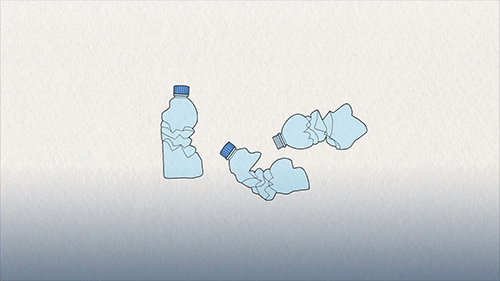
Bottle One, like hundreds of millions of tons of its plastic brethren, ends up in a landfill. This huge dump expands each day, as more trash moves in and continues to take up space.
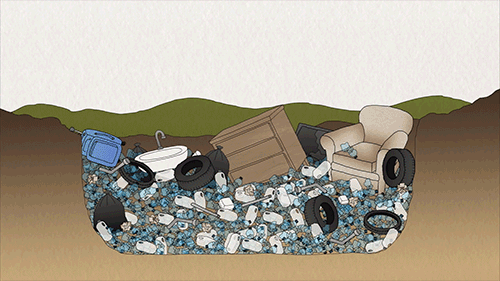
As plastics sit there being compressed, rainwater flows through the waste and absorbs the water soluble compounds it contains, and some of those are highly toxic. Together they create a harmful stew called “leachate”, which can move into groundwater, soil, and streams, poisoning ecosystems and harming wildlife. It can take Bottle One an agonizing 1,000 years to decompose.
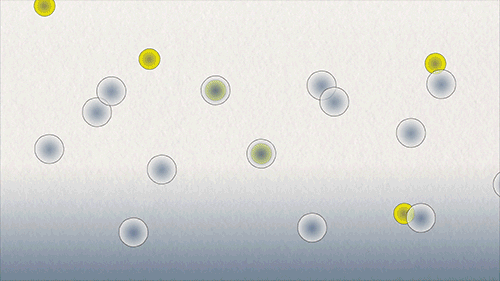
Bottle Two floats on a trickle that reaches a stream, a stream that flows into a river, and a river that reaches the ocean. After months lost at sea, it’s slowly drawn into a massive vortex, where trash accumulates - place known as “The Great Pacific Garbage Patch.” This is one of five plastic filled gyres in the worlds seas.
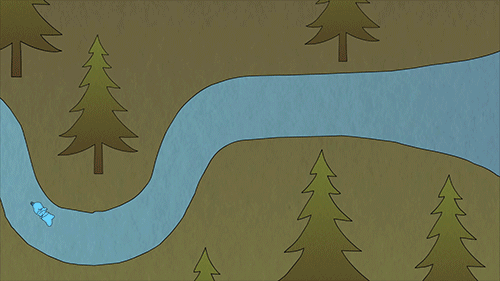
Some animals mistake the brightly colored plastic bits for food. Plastic makes them feel full when they’re not, so they starve to death, passing the toxins from the plastic up the food chain, eventually to us.
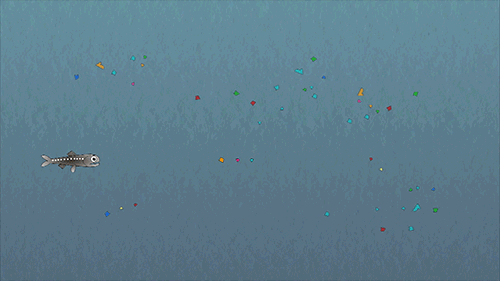
Bottle Three, on the other hand, is recycled. It’s taken away on a truck to a plant, where it and its companions are squeezed flat and compressed into a block. The blocks are shredded into tiny pieces, which are washed and melted, so they become the raw materials that can be used again. Bottle Three is ready to be reborn, as something new.
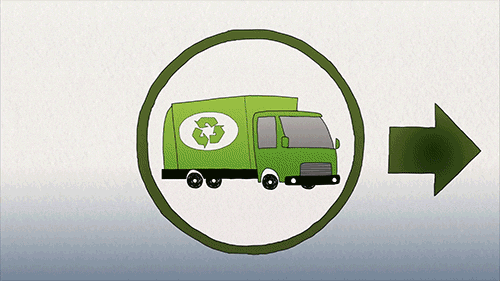
So, what can you do? First - reduce your use of plastic altogether! And when you do find yourself needing to buy a bottle, don’t forget to recycle it. You’ll be doing Planet Earth a great, big favor.
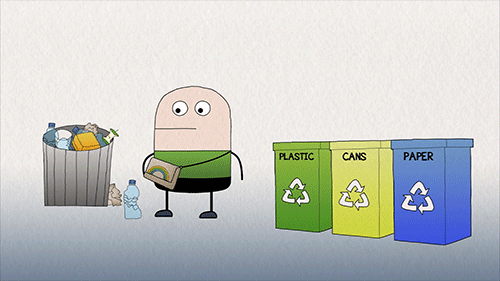
From the TED-Ed Lesson What really happens to the plastic you throw away - Emma Bryce
Animation by Sharon Colman Graham
4K notes
·
View notes
Photo

“I must go in, the fog is rising.” — Emily Dickinson
7K notes
·
View notes
Photo

Mighty
#mighty#tree#tall tree#forest#hike#standalone#ontario#canada#i don't post enough of my own pics on here
3 notes
·
View notes
Text
Regional Gothic
Southern

New England
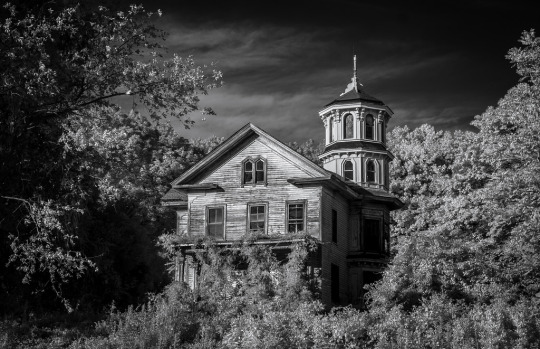
Western

Midwestern
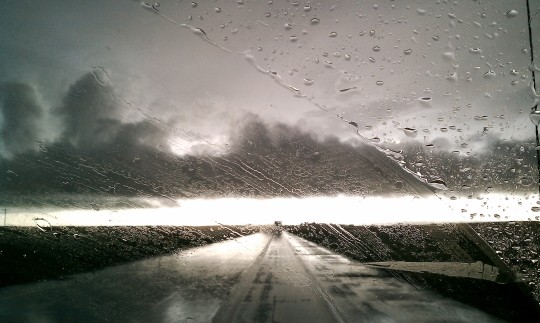
Rocky Mountain
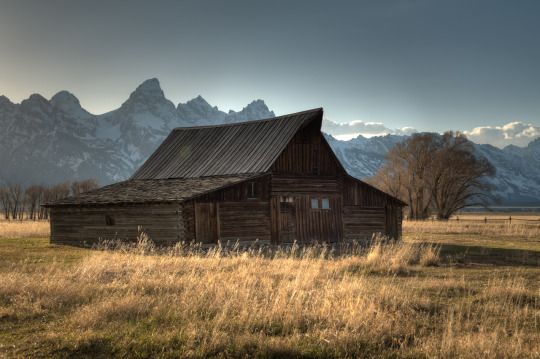
Appalachian

Pacific Northwestern

Southwestern
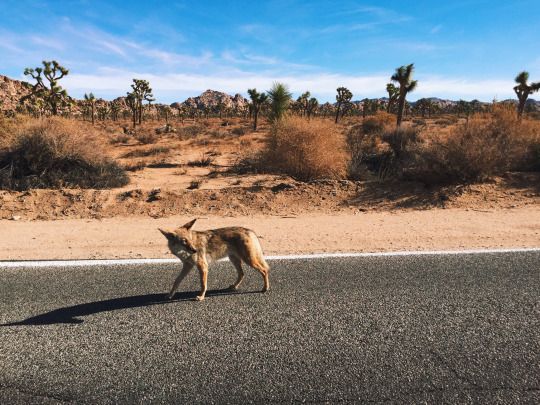
Alaskan

151K notes
·
View notes
Link
1K notes
·
View notes
Link
Only two now remain - his daughter, Najin, and granddaughter, Fatu - leaving in-vitro fertilization from preserved sperm as the last tool against extinction.
373 notes
·
View notes
Photo
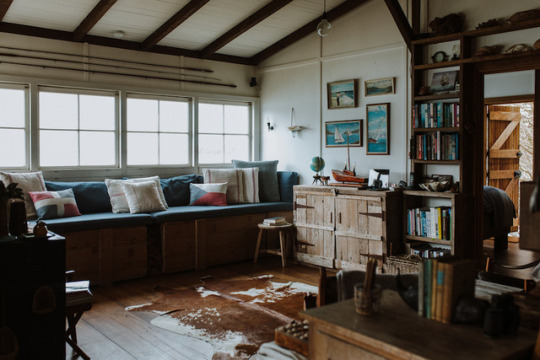
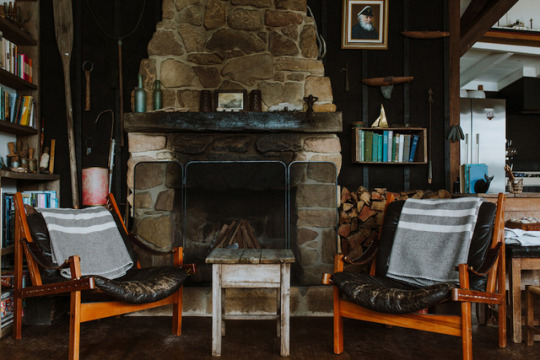
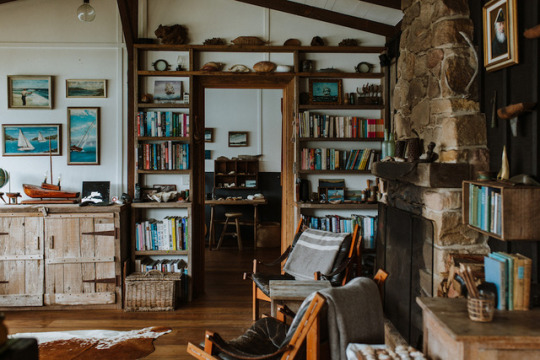






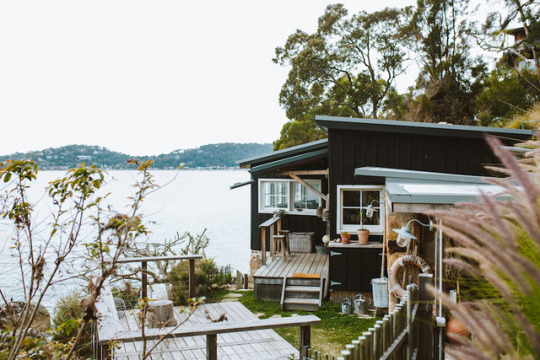
A fisherman’s shack in Australia | photos by Luisa Brimble
Follow Gravity Home: Instagram - Pinterest - Facebook - Bloglovin
7K notes
·
View notes
Video
Great Horned Owls (Bubo virginianus) by Mark Schocken
1K notes
·
View notes





